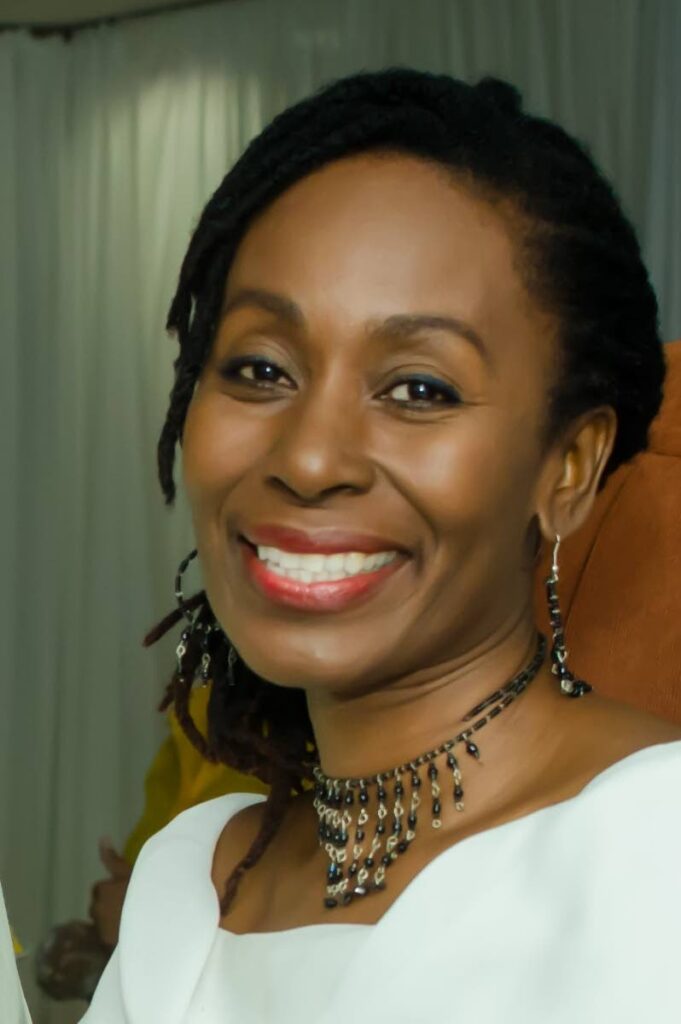Holidays reimagined

Culture Matters
DARA E HEALY
Mommy on the phone and she talking loud
About the days when she was a child
And to walk to school she was very proud
The distance was only about a mile
And any fruit tree they met on their way
The poor little fruit tree would have to pay
Cause the snacks those days she ate as a youth
Was nothing in pack, was always a fruit
It was so exciting in many ways
Mommy school days were happy happy days
– Zachary Ransome, Mommy’s School Days
MANY YEARS ago, I had the privilege of experiencing a marathon organised by the Rupununi, an indigenous community in Guyana’s interior. Dozens of runners took part in the event, across a vast and dry terrain, under the glare of a stinging sun. Eventually, we arrived at their village.
Some runners stopped, but many of the young adults and children sped up and headed towards a short incline at the edge of the village and jumped straight into the river. This memory is still very strong, as for me it represented the freedom of childhood and being at one with nature.
Each generation has its own idea of what the ideal childhood should look like. As Zachary describes in his calypso, his mother has fond memories of drinking from a standpipe and eating hog plums with her friends. On the long Easter weekend like the one we are currently enjoying, kite flying, family gatherings and sharing of food are essential. For my mother’s generation, storytelling was important as it was another opportunity to bring the community together.
In conceptualising the Tobago Heritage Festival, a key objective of historian JD Elder was the preservation of indigenous practices, including the oral traditions of Tobago. It is interesting that both of our islands share stories of mythical creatures such as douens, soucouyants and the La Diablesse, whether to impart life lessons or to scare children into good behaviour.
There is an intangible magic about the ritual of going on vacation then returning to the confines of the school structure. In much of the literature written from a child’s perspective, education happens on two levels – at school and within the context of family drama.
In Michael Anthony’s Year in San Fernando, Francis is sent away from his family in Mayaro to serve as a support for a widow in the city. Although he is just 12, he feels a sense of responsibility to help his mother, a single parent struggling to raise her children. As Francis navigates a sometimes hostile environment, we see him growing increasingly confident with his duties.
“I was beginning to learn the ways of the market and most times I bought things cheaply and had extra money left. With this I sampled the watermelons or pomerac or balata. Sometimes I bought barah and channa from the Indian women and they laughed to see how I enjoyed it…‘That bwoy eh! I don’t know! Every marning!’”
In many pre-independence novels, the lives of children unfolded against the backdrop of the issues that preoccupied Caribbean people at the time, such as race, identity and the restrictions of society.
Zee Edgell’s fascinating novel, Beka Lamb, tells the story of Beka, a teenager trying to make sense of the world. When Beka’s grandmother tells her that the doctor went back to England, Beka asks why, because he is from Belize. Her grandmother replies, “I know. But nothing lasts here Beka…Tings bruk down.”
For Beka, vacation was an opportunity to delay being discovered in the lie that she failed to move up a grade in school. This was serious, as her parents were depending on her success to escape their impoverished condition.
For me, time away from school was filled with different kinds of education – books, parties with my circle of friends or conversations with leading regional minds. As a child of the 1970s, I was also exposed to diverse cultural experiences that helped define who I am. I often think about those Rupununi children splashing in the cool, river water and the lessons I learned from them.
As we strive for a more humane society, grounded in values of respect and love of country, we should carefully craft the time children spend away from school. In particular, encouraging them to communicate without devices and caring for the environment. It is critical for their childhood and the rebuilding of our nation.
Dara E Healy is a performance artist and founder of the Indigenous Creative Arts Network – ICAN


Comments
"Holidays reimagined"